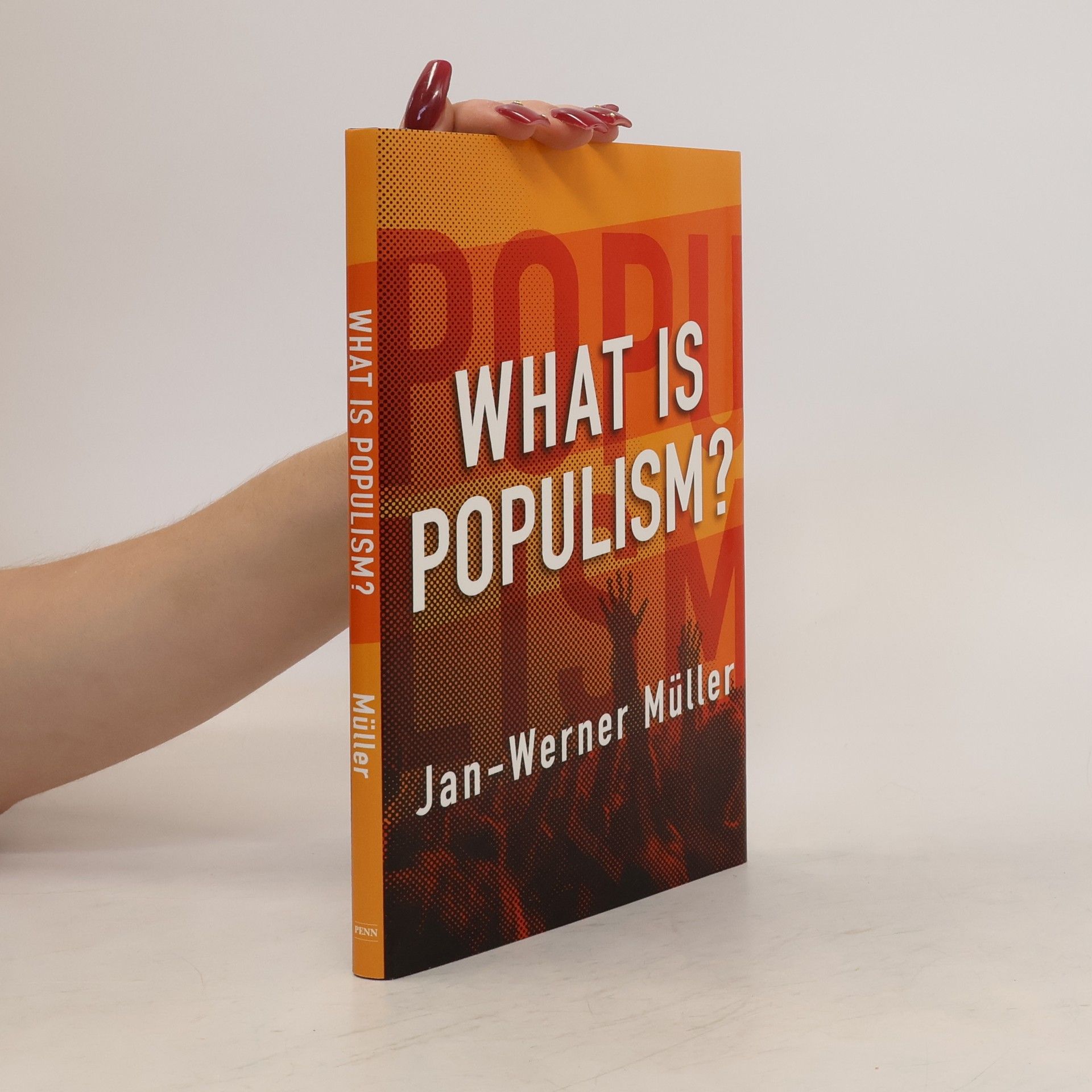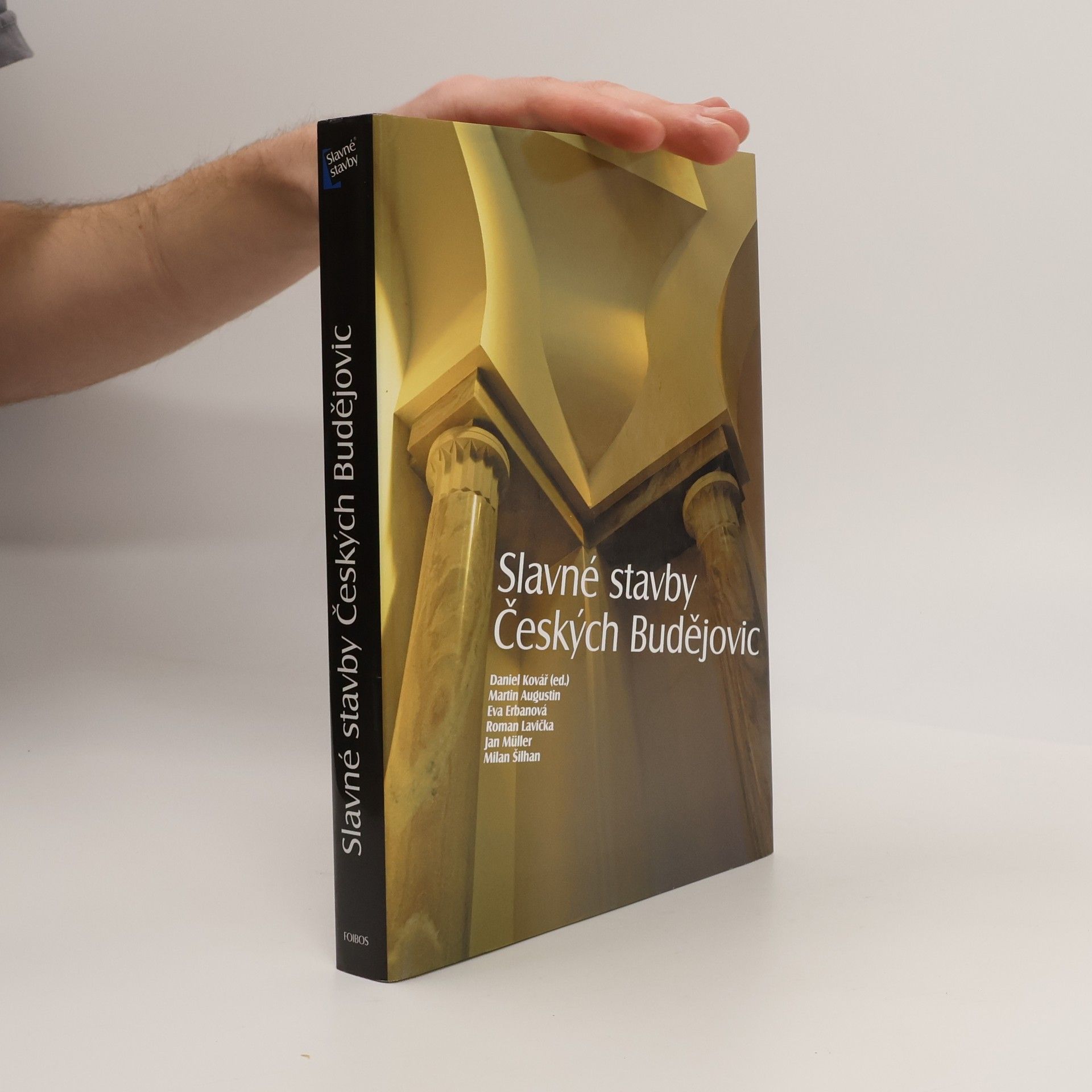The Handy History Answer Book
- 640 páginas
- 23 horas de lectura
The Handy History Answer Book provides abundant information about many of the most frightful events of the past 5,000 years, including wars, disasters, epidemics, and so on. But it also supplies a context for the time with a wealth of information on invention, philosophy, science, politics, culture, sports, business, law, media, and religion. Presented in a question-and-answer format, It surveys significant people, times, and events worldwide, with a special focus on U.S. history from its origins to the present






